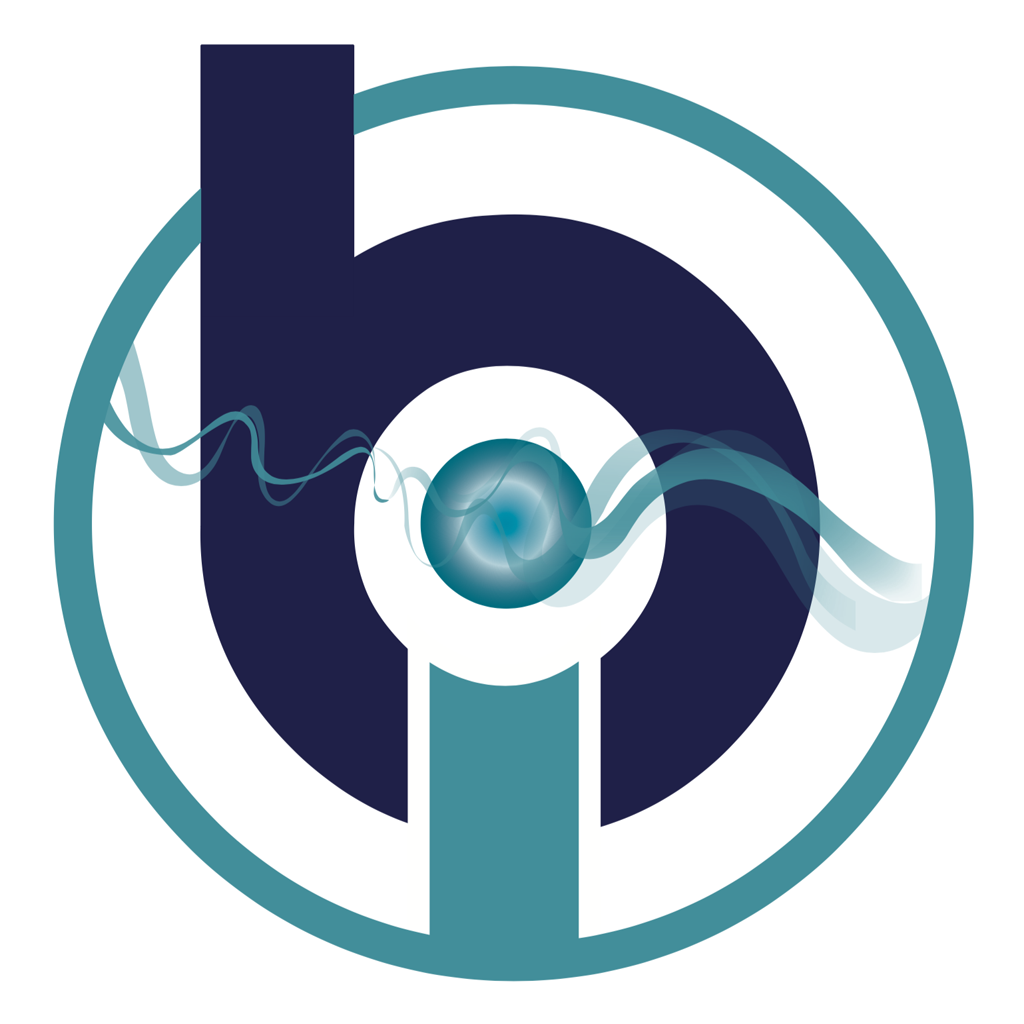Are cuddly toys the culprit?
We have been working with BICOM® therapy for just one year. In the case of allergy treatment in particular this method has superseded conventional methods in our practice. Patients are generally very satisfied with this therapy and through word of mouth the number of people who come to our practice just for BICOM® therapy is growing all the time.
I find treating children the most rewarding aspect.
Many of our small patients suffer from chesty coughs and sniffing at night-time.
Invariably they wake up several times and in the morning are not fully rested and are fractious. The cause of these symptoms are often enlarged pharyngeal tonsils – known as adenoids – or various allergies.
Before we started using BICOM® it was often the case that children who had an adenotomy (operation to remove the adenoids) felt better in the short term, but the chesty cough remained.
Conventional allergy diagnostics, such as serological IgE determination or a prick test tested normal for older children and paediatricians or lung specialists were also unable to find any discernible causes for the illness.
Through bioresonance therapy I am able to ascertain what could be the cause of the chesty cough at night. Mostly it is caused by a house dust mite allergy and less commonly an allergy to pets or moulds.
It is interesting to note that many a time there is an allergic reaction to toy polyester.
Many cuddly toys contain these small polyester balls. For every initial check-up I ask patients to bring along everything that their child sleeps with in bed at night. Three sessions are generally sufficient to treat a polyester or house dust mite allergy to bring an end to coughing and sniffing at night-time.
The parents are grateful and satisfied that their children and they themselves are able to comfortably sleep through the night.
The best thing for me is to observe children during treatment. If they are very reserved and anxious to begin with, they become more and more relaxed and happy over time.
I can only say that BICOM® therapy has closed what used to be a very frustrating gap in treatment in our practice.
These success stories are the best confirmation for me that we are doing something right with BICOM® therapy.



